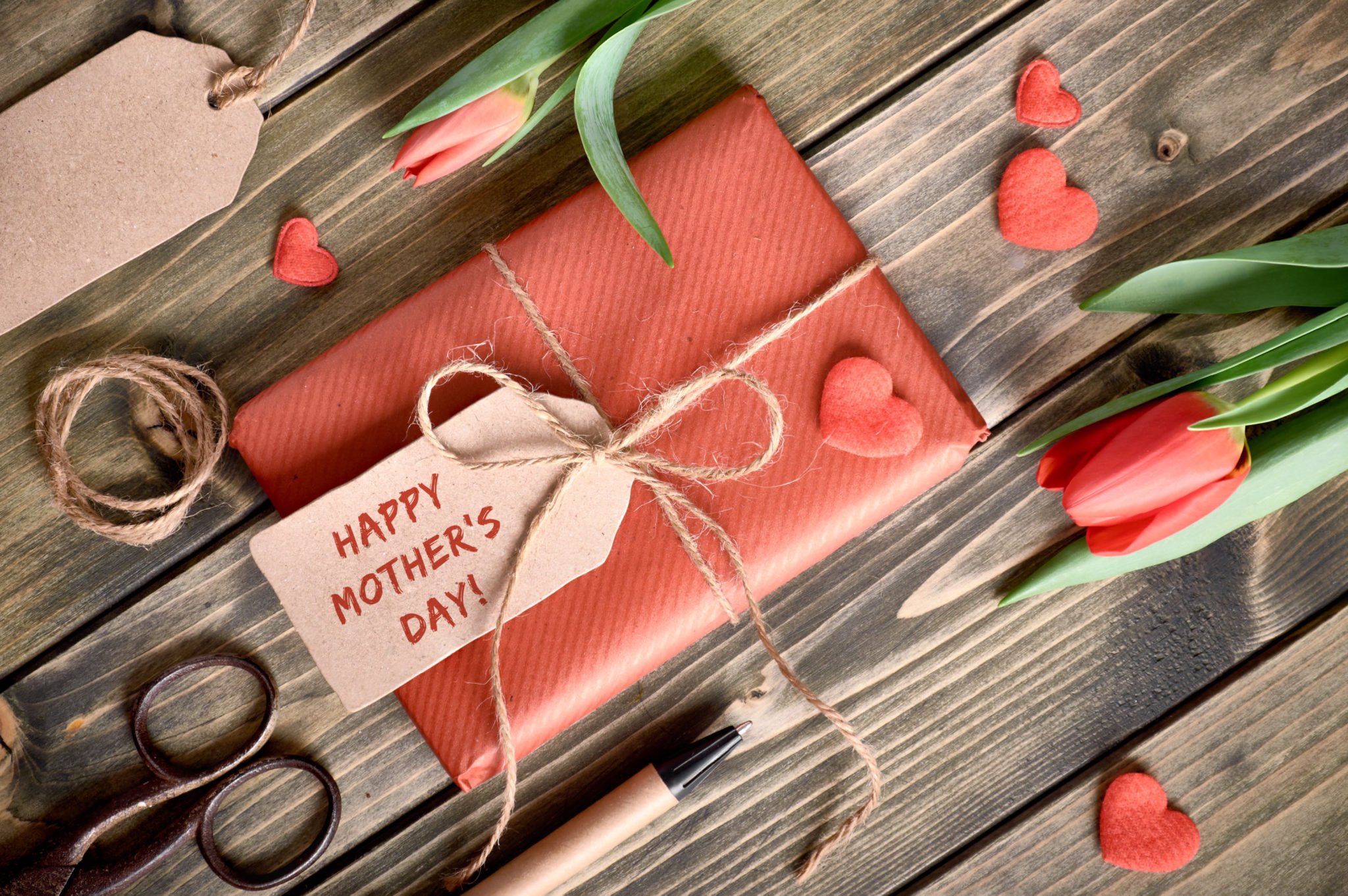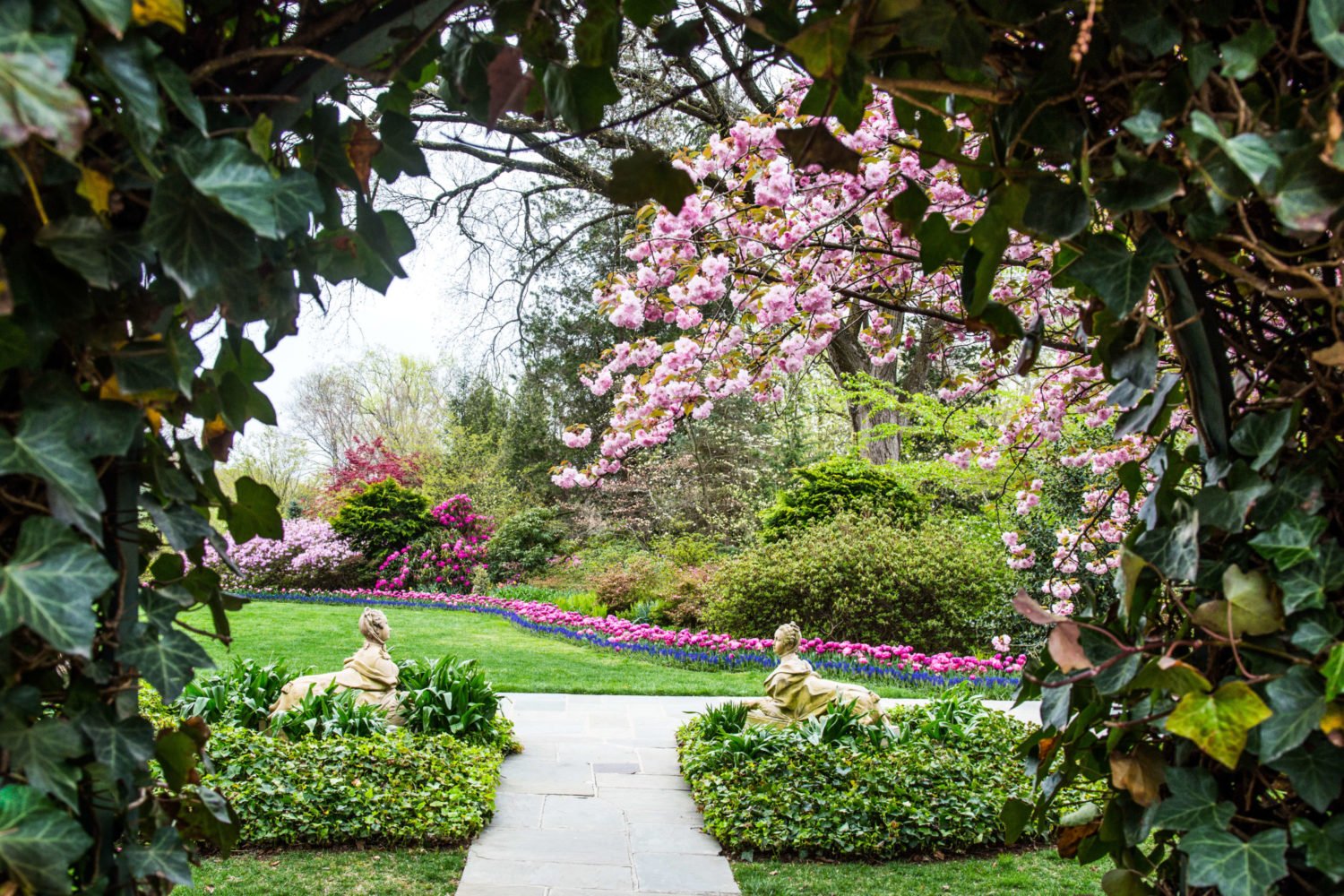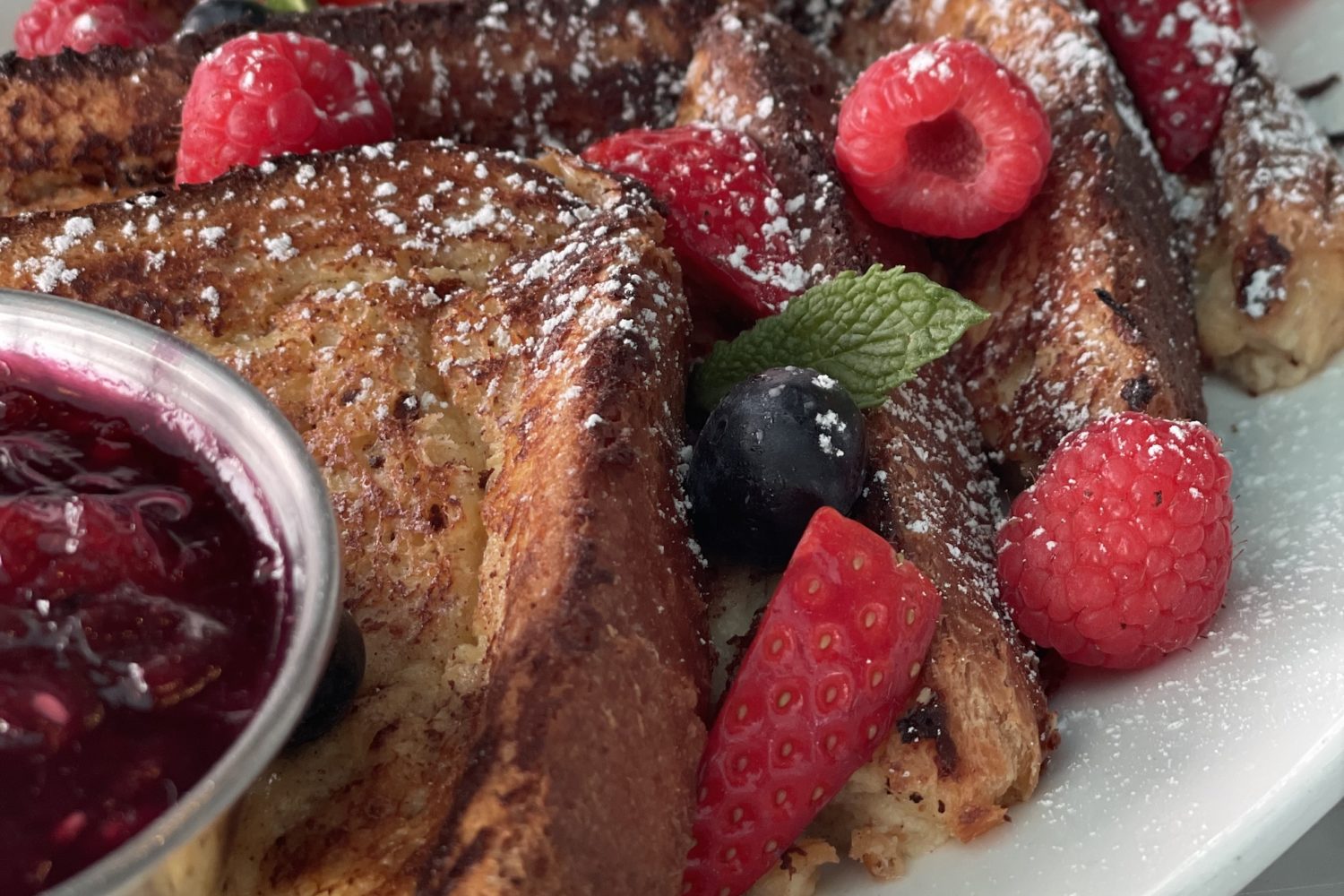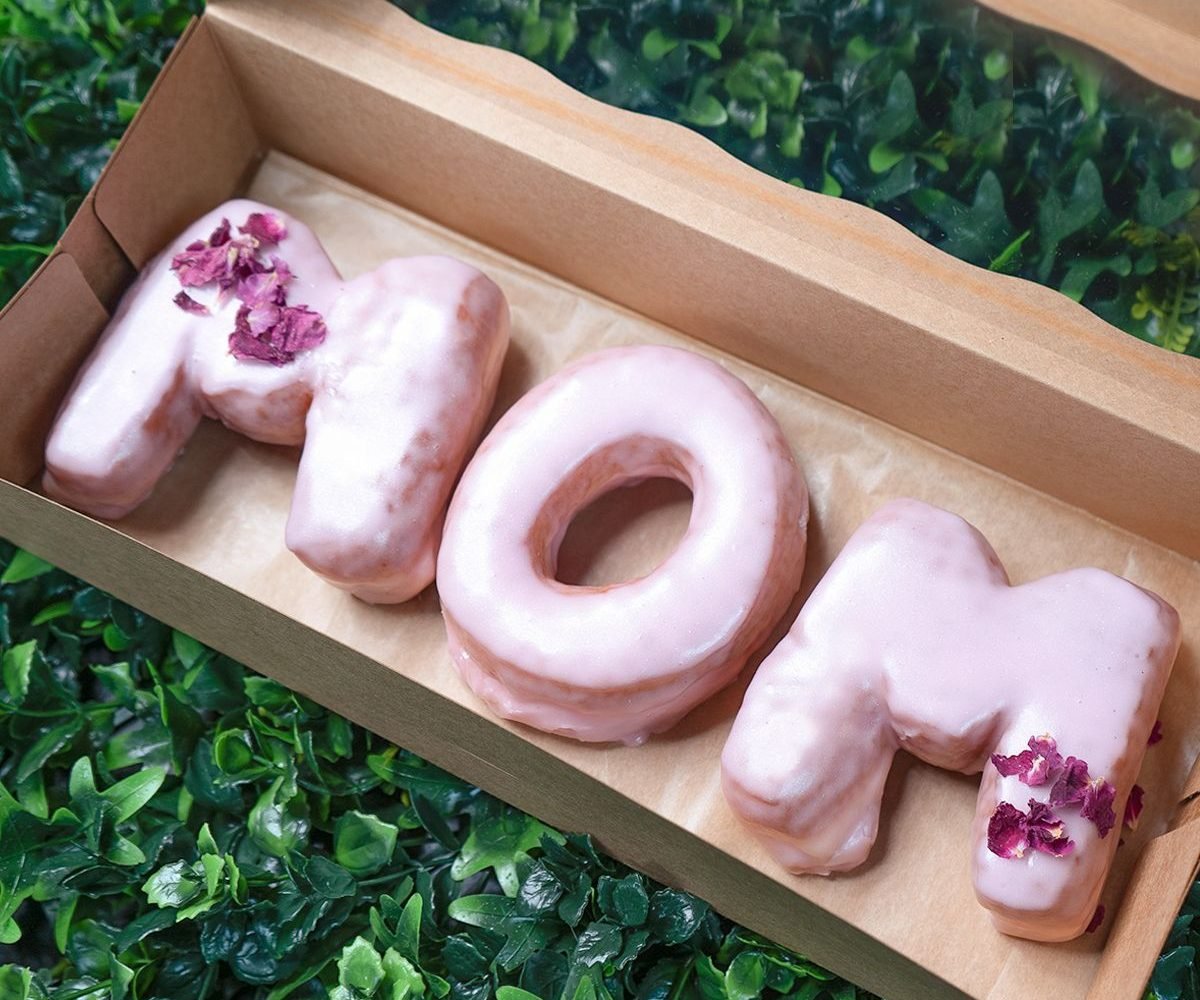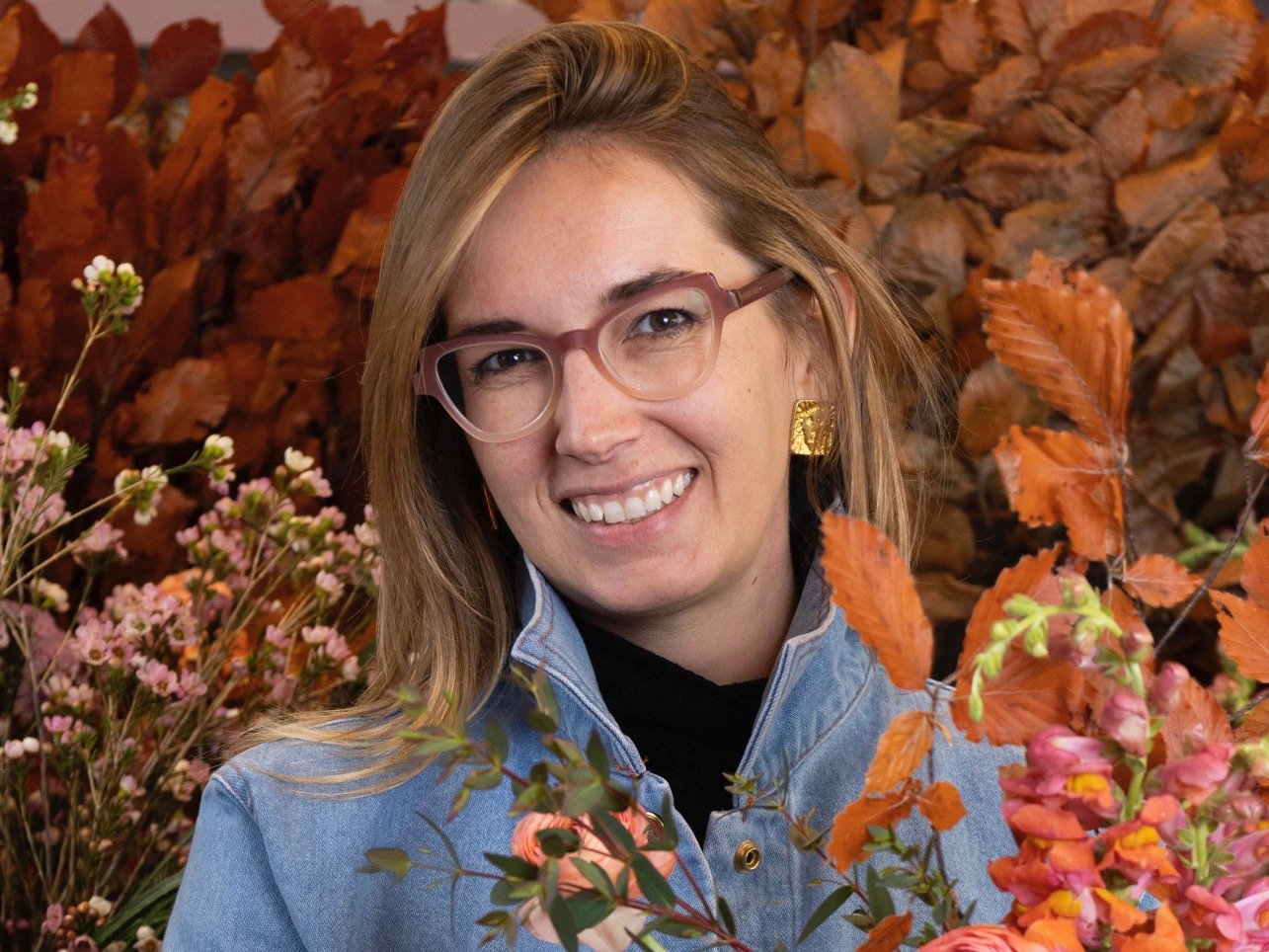Mother’s Day can be tricky for the adoption and foster care communities. There’s no script for how to acknowledge your child’s birth mom, or for explaining to your adoptive mom why you’re sad at Mother’s Day brunch. You’re not going to find chocolates marketed to birth parents, cards for adoptive parents still grieving pregnancy loss, bears for adoptees who miss their birth moms, or banners for families headed by dads. And some mothers are often overlooked—particularly birth mothers who aren’t actively parenting and foster mothers whose children are only temporarily in their care.
But Mother’s Day can also be a day of joy for adoptive and foster parents, birth parents, and adoptees, many of whose families were forged against all odds. Here are a few reflections on Mother’s Day, as told by a birth mother, a foster mother, an adoptive mother, and an adoptee.
Jenna Cannon, Baltimore
Birth Mother
I’m a birth mother, but I also work in adoption, and I tell every single birth parent that Mother’s Day sucks—it’s the worst day of the year. People aren’t going to know what to say to you, or whether to acknowledge you. And you might be struggling with, are you actually a mother if you’re not parenting your child?
I personally celebrate Mother’s Day, but I don’t do much. People will tell me “happy Mother’s Day,” and my husband and I might go out and do an activity for the day. But it’s never anything huge. It bothers me that my daughter’s parents don’t acknowledge Mother’s Day at all with me—they just pretend like it’s any other day and nothing’s going on. The majority of birth moms I know, they do get acknowledged. But also, I know my daughter’s parents’ situation—they’ve lost a lot—so I’m happy to give them Mother’s Day. It hurts a little bit, but it’s worth it considering what they’re doing for my daughter, and also what they’ve done for me. My life would not be what it is now if I was parenting. And I’m so grateful to them for that.
I don’t observe Birth Mother’s Day, which is the day before Mother’s Day. I hate it, actually. I feel like it’s like a slap in the face to birth mothers—like, why can’t we just celebrate Mother’s Day? Why do we have to have this designated, made-up day that no one knows about except birth mothers? Birth parents are often overlooked or forgotten, and we get treated differently. But we’re mothers, too. I might not be actively parenting, but I still made the choice as a mother to place my daughter, and that choice affects me every single day.
There was one year—maybe the year before last—when my daughter texted me “Happy Mother’s Day” and told me she loved me. It was the only time she said it, the first time she said it. But oh, man, it was the best! And honestly, that’s what matters. I don’t need her parents to say it—my daughter can do it when she wants. What a great gift. That was a really great day.
Katherine Margolis, Olney
Foster and Biological Mother
This is my second year as a foster parent, and I also have two biological children. We’ve had a couple of different foster children in our home, but we’ve had one now for over a year.
Last year for Mother’s Day, we gave a gift to our foster son’s birth mother. We gave her a handwritten note, we framed a photo collage, and we gave her artwork from the child, so that she could see her son in some of his happy moments, see that he’s doing well. I tried to put myself in her shoes, and I thought about all of the days, and the events, and sometimes just the mundane things that she was missing. We wanted to recognize the day and any emotions that she may have about it.
I think this year might be a little bit different, because our relationship has grown and I know her a little bit better. But it is a difficult note to write. Part of it is that I express gratitude for making this wonderful little boy who brings so much joy to everyone around him. And I let her know how honored we are to be a part of his experience right now. This year, I might add a bit more in recognizing that Mother’s Day may bring complicated emotions for her. And so however she chooses to recognize or celebrate the day, just to let her know that we are thinking about her.
But I couldn’t imagine not acknowledging it—it’s such a big day. She is a mother and that will never change, no matter what happens. And we are parents together of this little guy.
For me, Mother’s Day has become a day where I reflect more. I think this year, I’m going to try to celebrate the privilege of being a mother, to recognize the struggles and the sadness that I’ve felt, and maybe that others have felt as well, but also try to appreciate the unexpected relationships and the joys that I’ve experienced. We used to be a very traditional family: two parents, two children, two dogs. For many years, I thought that was my complete motherhood picture. And now, being foster parents, we’ve experienced and understood a bigger array of what motherhood looks like, the vast array of feelings and the complexity that can bring.
Kristen Crew, Bethesda
Adoptive, Foster, and Biological Mother
So we have six kids in our home: two biologically, two through adoption, and two currently in foster care that are moving towards adoption. They range in age from three to 13. How we handle Mother’s Day is so personalized to each child, so we try to be really attuned to what each of our kids are thinking and feeling, holding the duality of maybe having two feelings at once: happy to be in our family and sad for the things that brought them here.
Mother’s Day means honoring the mother figures in our life, and I’m not the only mother to exist, not in my kids’ life or in our family’s life. So Mother’s Day is an opportunity to make the moms in our life feel seen and loved. And obviously, as adoptive parents, it is often about helping our kids process the different roles of moms in their life. Sometimes on Mother’s Day, kids are fully present and just thankful for the day they have, but then it also can be more complex, surfacing questions of, like, Where did I come from? What happened to my mom? Is she okay? And what made us have to separate? Is there anything I could have done?
As adoptive parents, I think the goal is to not make it about us—the less we make things about us, the more we can help our kids thrive. So if I don’t make Mother’s Day about me, then I’m free to give space and time and care to other moms in our life, including birth moms. I mean, we are sharing this holiday. There’s that quote that says, “A child born to another woman calls me mom. The tragedy and the privilege of that is not lost on me.” I think that encapsulates so much of being a mom in this role. Whatever we can do to honor that and not make it about us is good for our kids.
Corrie Willson, Arlington
Adoptee
I was adopted from China when I was four-and-a-half years old, and I’ve never met my birth parents. So Mother’s Day was always just me celebrating my adoptive mother, who I see as my own mother. She has always loved me and treated me as her own, so it never really crossed my mind that I was different because I was not biologically born from her.
That being said, I’m 32, and in my most recent years, it’s been more complicated. I have definitely thought about my birth mother, and I’ve definitely thought about my origins. There are all these things that you could go down a rabbit hole and still not know the answers to. At some point, it becomes counterproductive. Sure, there’s DNA testing, there’s ways to search for your origin and your birth parents, and there’s definitely a part of me that wants to do that. I know that there’s a biological family out there that knows I exist, and I know that they exist. But it’s a weird disconnect, where I don’t have an emotional connection to them. Certainly, when Mother’s Day and Father’s Day come around, even my birthday, I think about the complexity of where I came from and not knowing that part of my life. It definitely brings mixed emotions, but ones that I don’t really dwell in. My adoptive family has provided me the most wonderful life.
The role of a mother can look so many different ways. You don’t have to have shared blood. It doesn’t have to be biological. My mom is one of my best friends. I love her dearly, and I have always thought of her and seen her as my mother. She is someone who is extremely caring and giving—all of the things that you would want and hope for in someone that is looking after you. And so to me, adoption has been a second chance at life. It’s been a gift. I know that I’m extremely fortunate to have a healthy relationship with my adoptive mother—I recognize that this isn’t always the case. But as someone in my 30s, hoping to one day be a mother myself, I would want to be exactly like my mom, who has shown me nothing but truly unconditional love.

